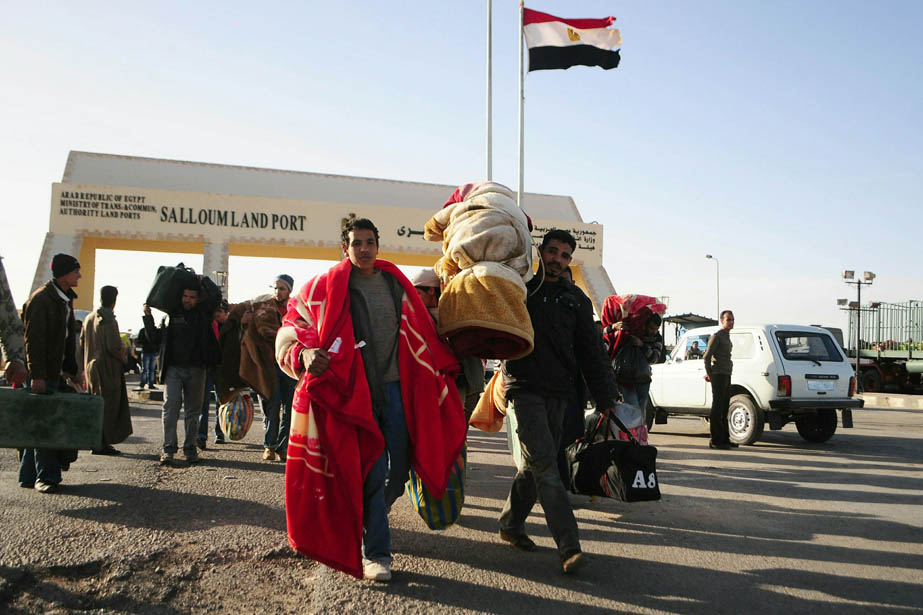RABAT: Morocco’s King Mohammed VI addresses the nation Friday when he will unveil reform proposals likely to include curbs on his wide-ranging powers after weeks of demonstrations to demand change.
The king’s speech will be broadcast on television and radio from 9:00 pm (2000 GMT), the palace announced Thursday, without referring to his topic.
The address will be a week after he was handed proposals from a commission he appointed in March to draw up constitutional reforms after the nationwide demonstrations, inspired by other popular uprisings sweeping the Arab world.
An official said on condition of anonymity that Mohammed VI would use his speech to outline the proposed amendments, which are expected to be put to a national referendum early next month.
"The king is going to present the broad lines of the constitutional revision which has been submitted to political parties and will be made public after the speech," he said.
He "will also call for a ‘yes’ vote for the plan to revise the current constitution," the source told AFP.
The 47-year-old monarch, who took over in 1999, holds virtually all power in the Islamic north African country, and is also its top religious authority as the holy Commander of the Faithful.
The keenly awaited reforms are intended to transform the kingdom’s political system into a constitutional monarchy, as demanded by the February 20 Movement named after the date of its first nationwide pro-reform protests.
The youth-led group has brought thousands of people onto the streets in unprecedented calls for change, on the back of uprisings that toppled the autocratic rulers of Tunisia and Egypt in January and February.
A member of the panel that worked on the reform proposals told AFP they include a major transfer of powers from Mohammed VI to the prime minister, who would be able to appoint key ministers, and the independence of the judiciary.
The reforms also foresee indigenous Berber becoming an official language alongside Arabic, the commission member said last week. This would be a first in the Maghreb region of north Africa.
The proposals also say Islam would remain the state religion but freedom of belief would be guaranteed while the king’s status as "holy" would be dropped, sources said.
An Islamist party warned Monday it would vote against a new constitution if it provides for freedom of belief, which it said would damage the country’s Islamic identity.
The February 20 Movement, which officials claim is manipulated by Islamists or the left, want political responsibility to be handed out at the ballot box and not by the king, a member of its Rabat section, Aba Dila, told AFP Thursday.
"The respect of individual freedoms and control of the security system are part of our expectations. This control must be used by elected authorities to put an end to the police state," he said.
